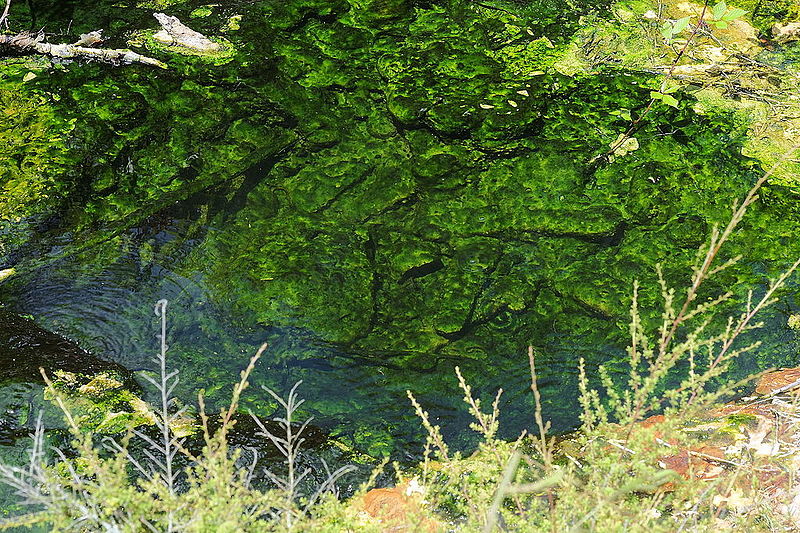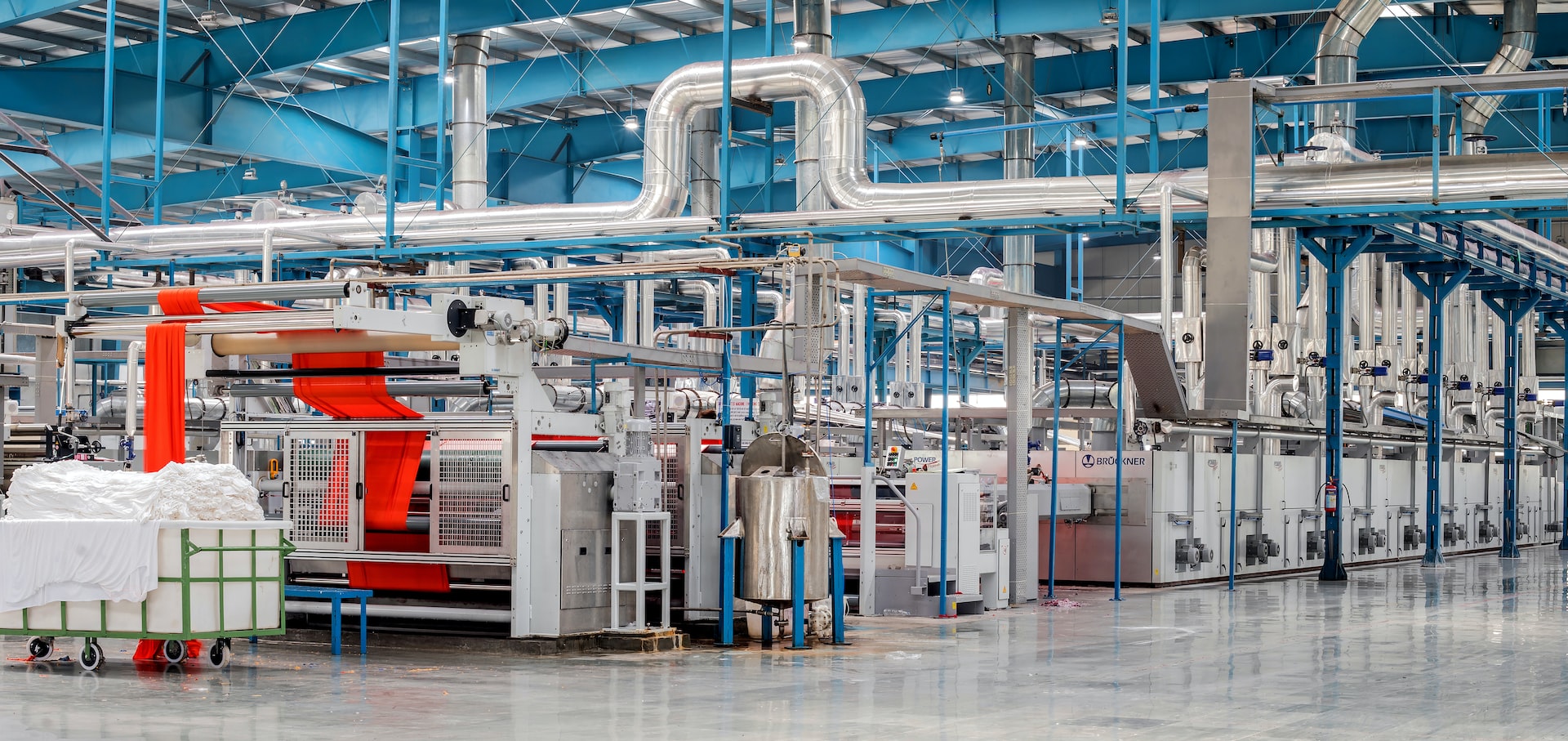Scientists at the University of Copenhagen achieved a breakthrough by using blue-green algae as a surrogate mother for a novel protein. They coaxed the microalgae into generating protein strands that resemble “meat fiber.” This accomplishment holds promise for sustainable foods with an authentic texture that requires minimal processing.
Researchers are exploring the exciting potential of blue-green algae, also known as cyanobacteria, as a sustainable source of protein with a texture akin to meat. This approach offers several advantages, including:
Reduced Environmental Impact: Compared to traditional livestock farming, cultivating algae requires significantly less land and water, contributing to a more sustainable food system.
Minimal Processing: Scientists have successfully engineered these organisms to produce protein strands that naturally resemble meat fibers. This eliminates the need for extensive processing often required in plant-based meat alternatives, potentially leading to a more natural and unprocessed product.
Scalability: Cyanobacteria are fast-growing organisms that can be cultivated in various settings, including open-air ponds and controlled photobioreactors. This scalability holds promise for meeting the growing demand for protein sources.
Nutritional Value: Initial studies indicate that the protein from engineered cyanobacteria could be a promising source of essential nutrients.
However, it’s important to note that this technology is still in its early stages of development. Further research is needed to ensure the safety, scalability, and cost-effectiveness of this approach. Despite challenges, this research could enhance the food system and provide consumers with new protein alternatives closely resembling meat.







